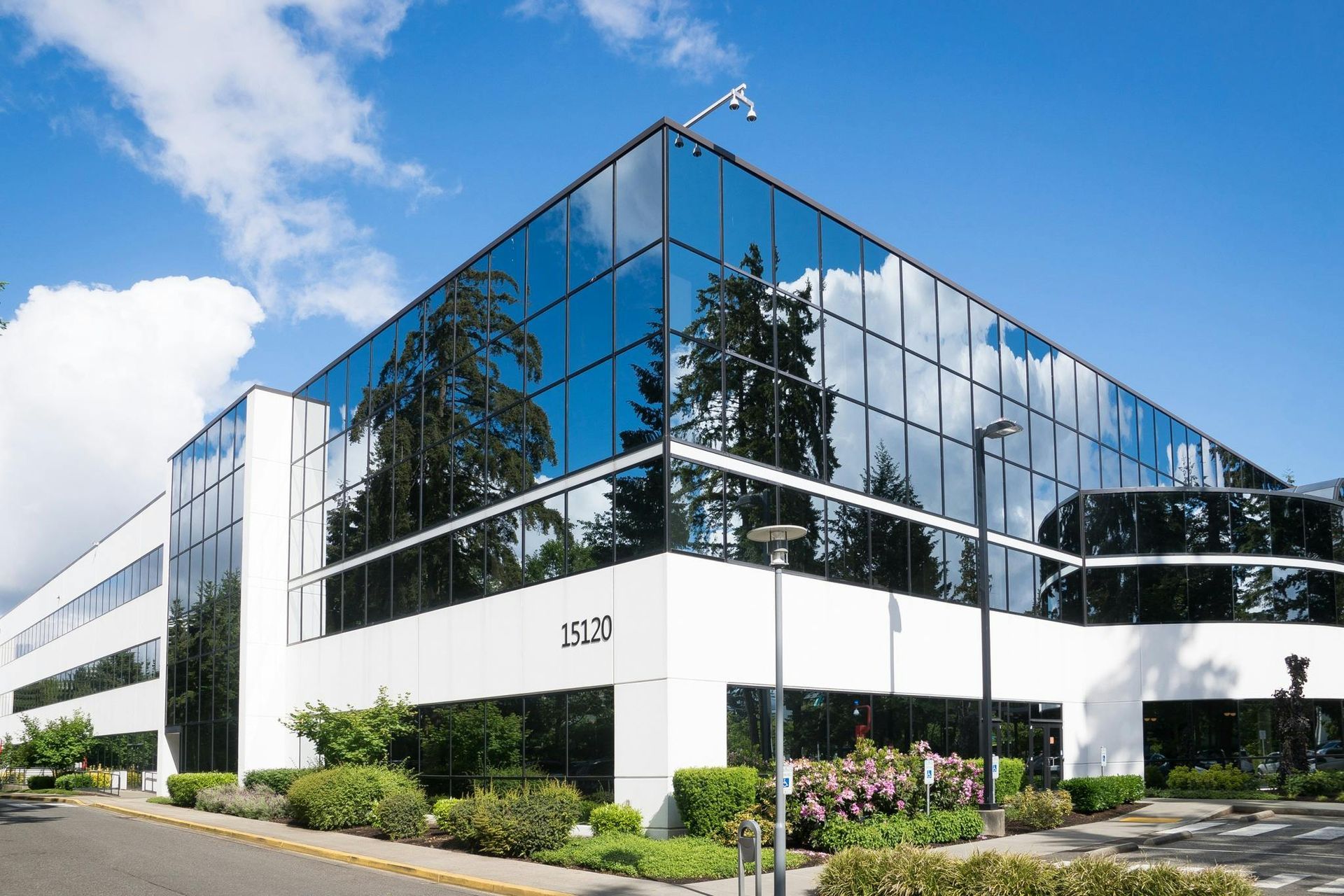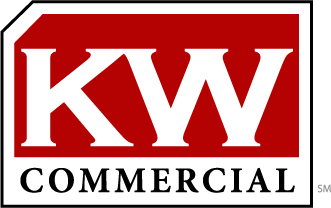Commercial Leasing 101
Commercial leasing can be a powerful tool for growing your business, expanding operations, or investing in income-generating real estate.

If you're new to the world of commercial leases, the process can feel overwhelming. From understanding lease types to negotiating terms, every decision can impact your bottom line.
1.Understand the Types of Commercial Leases
Before signing anything, it's essential to know the different lease structures:
- Gross Lease: The landlord covers most property expenses, including taxes, insurance, and maintenance. The tenant pays a fixed rent.
- Net Lease (Single, Double, Triple): The tenant pays some or all property expenses on top of base rent. Triple net (NNN) leases are common in retail and industrial properties.
- Modified Gross Lease: A hybrid where the tenant and landlord share property expenses.
Tip: Choose a lease type that aligns with your budget, risk tolerance, and business plan.
2.Know Your Lease Terms
Commercial leases can vary widely in terms of duration, renewal options, and rent escalation clauses. Key elements to review include:
- Lease Term Length: typically 3-10 years, but can be longer depending on the property type and market conditions.
- Renewal Options: Ensure you have clear options to extend your lease.
- Rent Escalations: Understand how and when rent may increase over time.
- Use Clause: Confirm the property allows your intended business activities.
3.Location Matters
In commercial leasing, location is more than just a "nice address." Consider:
- Customer Accessibility: Is it easy for clients or customers to reach you?
- visibility: High-traffic areas often command higher rents but can bring greater exposure.
- Competitors & Complementary Businesses: Analyze the surrounding businesses to identify opportunities and risks.
4.Negotiate Like a Pro
Commercial leases are negotiable. Don't assume the first offer is final. Points to negotiate can include:
- Rent rate and escalation schedule
- Tenant improvements and build-outs
- Parking and signage rights
- Early termination or exit clauses
5. Understand Your Responsibilities
Unlike residential leases, commercial tenants often take on more responsibility for property maintenance, insurance, and taxes. Make sure you fully understand your obligations to avoid surprises.
6.Seek Professional Guidance
From lease review to property evaluation, working with professionals ensures you're making informed decisions. A commercial real estate expert can:
- Analyze market rates and comparable properties
- Negotiate favorable terms
- Ensure compliance with local laws and regulations
- Help plan for long-term growth and exit strategies
Leasing commercial space is more than signing a contract — it's a strategic business decision. With the right knowledge, preparation, and guidance, your lease can set the stage for growth, profitability, and long-term success.
Thinking about leasing a commercial property in Arkansas? I can help you navigate every step of the process. From finding the right location to negotiating terms, she ensures your lease aligns with your business goals.
Connect today to learn how to secure your ideal commercial space!












